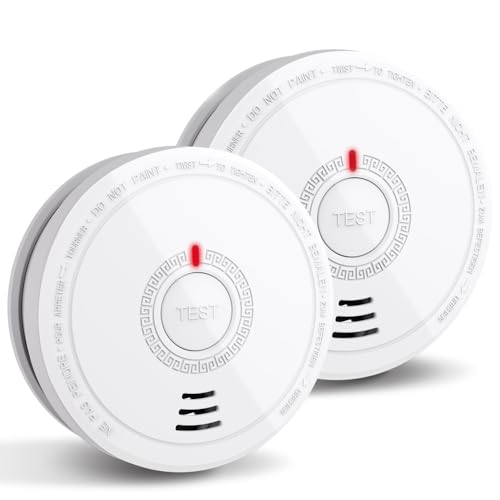The Importance of Proper Placement for Fire Alarms
Having a functioning fire alarm in your home or business can be the difference between life and death. In the event of a fire, a properly installed alarm can give the necessary warning to evacuate safely. However, the effectiveness of the alarm is highly dependent on its placement. So, what is the best place to install a fire alarm?
Placement Tips for Home Fire Alarms
According to the National Fire Protection Association (NFPA), smoke alarms should be installed on every level of your home, inside each bedroom, and outside sleeping areas. Additionally, alarms should be placed at least 10 feet away from cooking appliances to avoid false alarms. High ceilings should have alarms placed no more than 3 feet below the apex. If the ceiling is sloped, place the alarm within 4 inches of the highest point.
Placement Tips for Business Fire Alarms
For businesses, the placement of fire alarms should comply with codes set by the National Fire Alarm and Signaling Code (NFPA 72). The code requires a fire alarm system to be designed with specific placement and coverage requirements. Generally, fire alarms should be placed in corridors, stairwells, and other spaces where smoke can travel toward detectors.
Choosing the Right Types of Fire Alarms
Another consideration when thinking about the placement of fire alarms is the type of alarm being installed. There are two primary types of fire alarms: ionization and photoelectric. Ionization alarms are more responsive to flaming fires, while photoelectric alarms are more responsive to smoldering fires. It is recommended that both types be installed in strategic locations for the most comprehensive coverage.
Maintenance and Testing
It is important to not only properly install fire alarms but also to regularly test and maintain them. The NFPA advises testing alarms at least once a month and replacing batteries at least annually. It is also recommended to replace fire alarms every 10 years.
In conclusion, the placement of fire alarms should be strategic and comply with codes set by the NFPA. Proper installation, testing, and maintenance are essential for the effectiveness of fire alarms in keeping homes and businesses safe from the dangers of fires.






